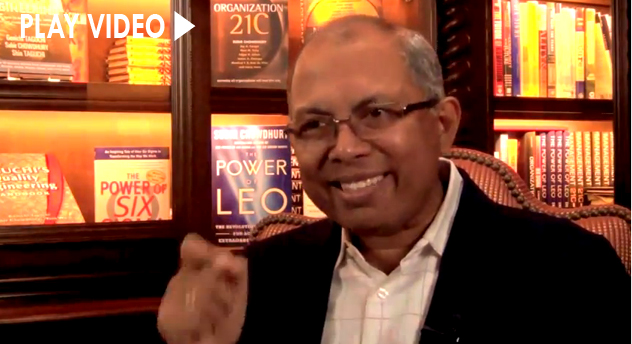If we change our attitude toward a Quality lifestyle, can change our situation? Can we change our lives?
Quality & You
Quality must affect every conversation and interaction that we have with peers, subordinates, and leaders; every interaction that we have with co-workers, friends and family. That is why Quality is Everyone’s Business.
While it is true that I am advancing a new way to think about quality, I am also reaching beyond common output metrics of a product or service. I believe that we need a fresh approach that can have a profound effect on not only the way we work, but the way we perceive our everyday life.
Think about this. In business, the present concept of quality has been fixture for the past 75 years. But the irony is that while the industry has developed an abundance of quality management tools, most organizations unfortunately still struggle to make sustainable, long term gains that can truly differentiate themselves in today’s global marketplace. That is where my thought process has taken me – to understand why the present concept does not serve us better.
In my analysis, I have found that the focus on the “process of quality” is in fact incorrect. I have discovered that it is the process of managing quality that is primarily to blame. I will say that the intent to manage the process is limiting because it focuses far too much attention on the “outcome of quality,” not the “act of delivering quality.”
Why is this important? Because, Quality touches everything that you do on a daily basis; from discussions you hold with your peers, subordinates and leaders and the interactions you have with suppliers, vendors, and other providers. In fact, Quality touches every aspect of your life – in your business as well as your personal family life.
When has a quick fix ever solved anything?
We can say that a problem belongs to someone else or we can look at ourselves in the mirror and accept the responsibility of solving the problem ourselves. If each one of us starts with the mindset that the problem belongs to me, then all problems will disappear. When I say that Quality is a part of everything you do, I mean to say that you become aware of both the problem and your ability to fix any problem or deal with any issue whether at work, our personal life, or in our community.
This perspective of Quality also refuses to accept compromise. It also recognizes that lasting solutions require that we do more than “fix” a problem. I ask that you think about this honestly – when has a quick fix ever solved anything? That’s where I believe we have failed ourselves. While we have made some fantastic strides to improve quality, we have sunken into the false security that a “find-and-fix” process is somehow enough. But obviously it isn’t.
This all-encompassing vision of Quality offers a new mindset, a transformational way to think about the actions and decisions that we make. It draws together commitment from people to improve their performance and make Quality a lifestyle choice, a cultural attitude, and a personal belief that refocuses all attention on the “act of delivering quality.”



















